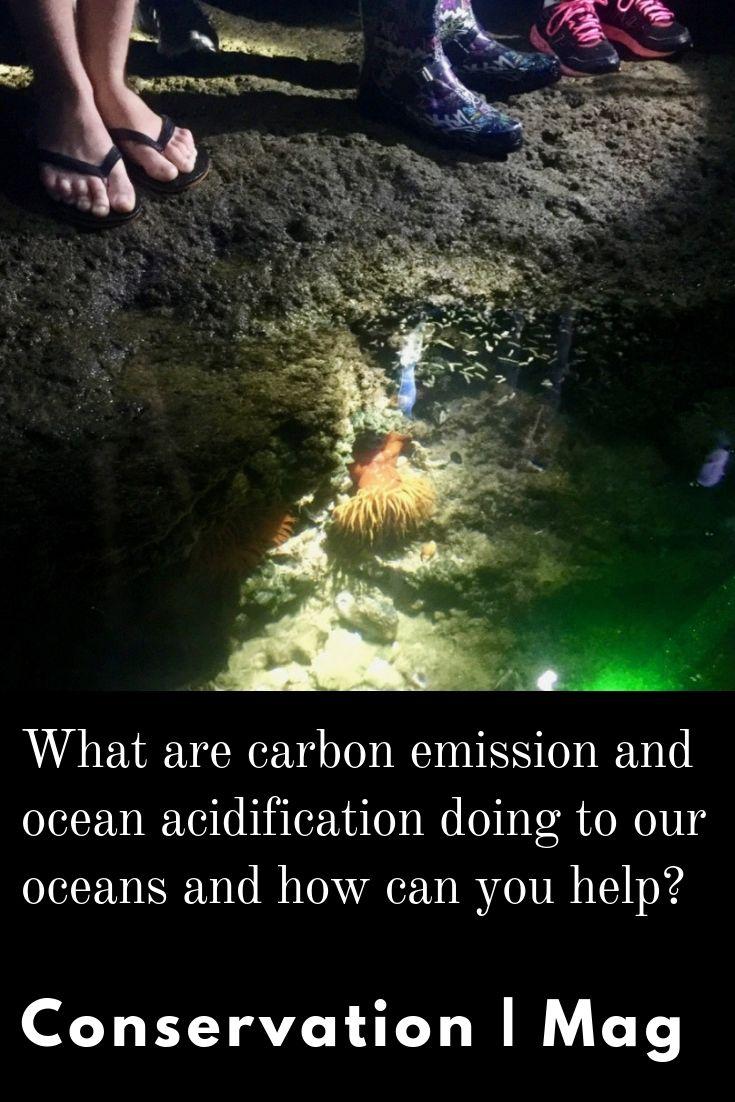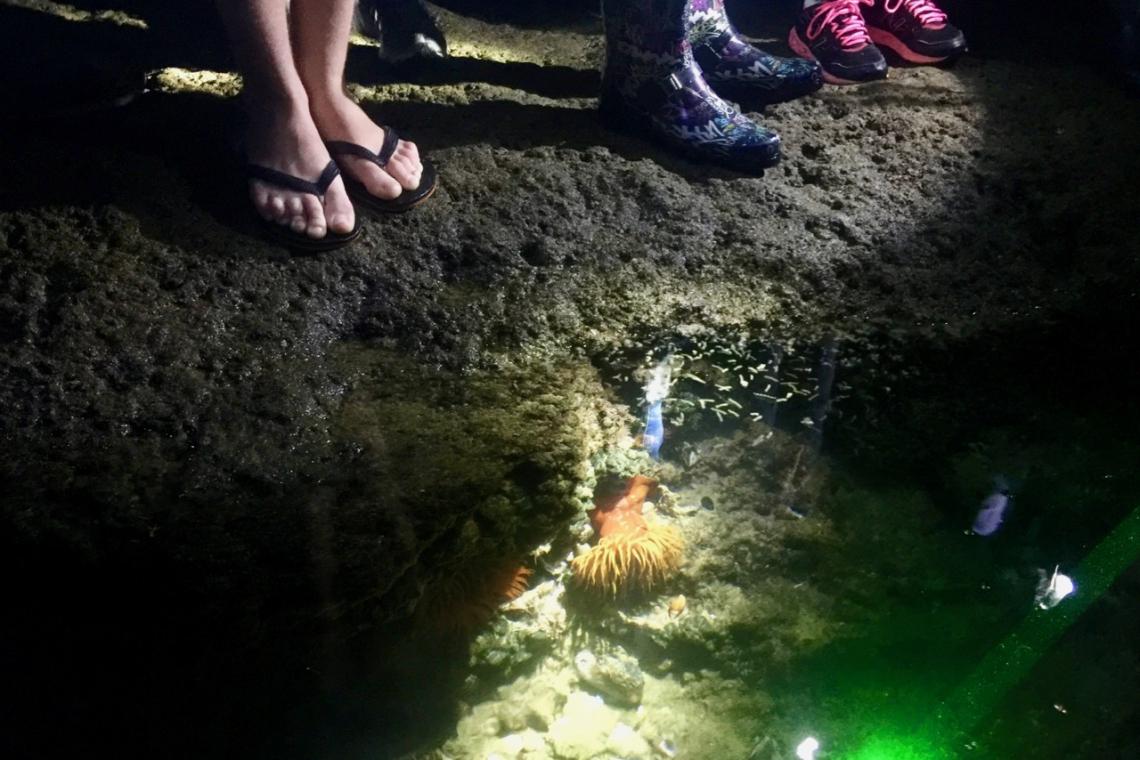Our oceans have been a topic of conversation for countless years and countless reasons. Whether it be due to the amazing life found in them, or the challenges they face, the ocean is known as a mesmerising space we all rely on.
For instance, Triona McGrath recognises that the ocean supplies half the oxygen we breathe and over 20% of protein to feed the entire world population.
Challenges We Face Related to Our Oceans
Currently, the challenges our oceans face are no secret. With a rapid decline in fish populations, and an increase in pollution amplified globally, I am sure you are wondering ‘Why exactly should I care?’ and ‘What can I actually do?’. I am glad you asked.
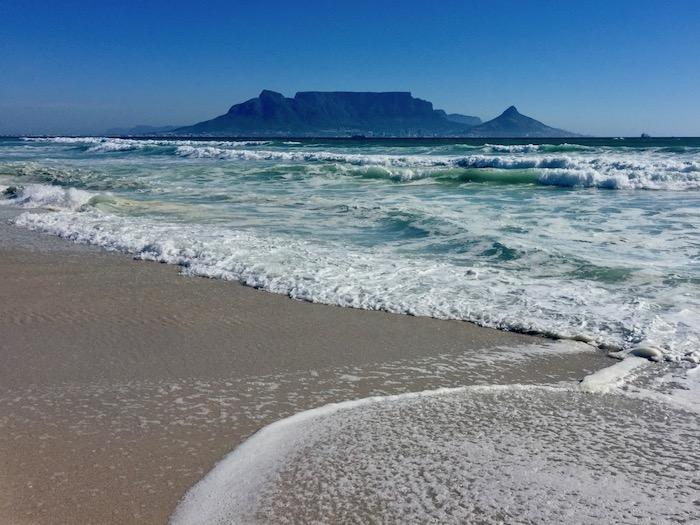
We have recognised the absolute need to save trees, because not only do they to supply us with the oxygen we need, but they are the essence to many animal species’ homes, and many natural systems our earth needs to sustain us. The ocean is no different. In fact, the ocean consumes more than 25% of the carbon dioxide emitted to the atmosphere. These gasses are not merely from single human activity. However, we would be fooled if we solely blamed large corporations or entities.
Currently, our ocean is facing manmade problems which require manmade solutions. The main culprit is, as widely known, unregulated waste management (intense agriculture fertilisation, plastic pollution, etc.), which all result in excessive carbon emission. Countless marine life has succumbed to this threat, and although many actions have been put into place to combat this threat, it is simply not enough. The consequence of this pollution is not merely aesthetic, but much more detrimental than we commonly think.
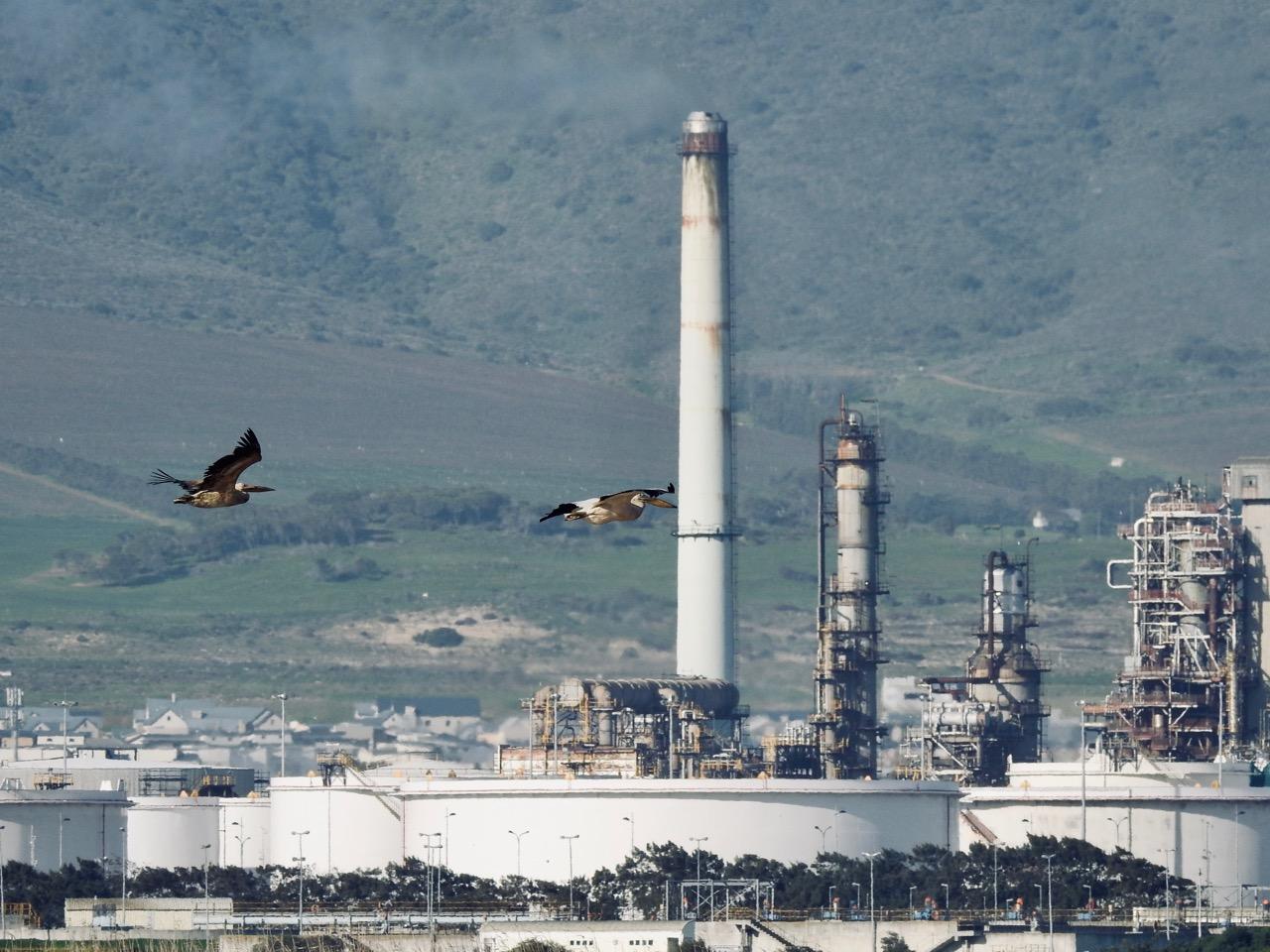
Our emissions and the ocean’s consumption
In terms of our carbon footprint, again by stating that once the ocean so humbly consumes the carbon dioxide released into the atmosphere, several chemical processes occur which essentially increases the acidity of the ocean (known as ocean acidification). What does this mean? Basically, we are poisoning our oceans, and we are the only ones with an antidote. The ocean is used to consuming our carbon dioxide, and sometimes natural acidification occurs leading to the extinction of marine species, but this time around it is not a natural case.
The rate at which this acidification is rapidly increasing is documented as 10x faster than over the past 55 million years. Yes, 55 million years ago there were not 7 billion people reliant on the ocean. However, there are currently 7 billion people who can help slow this process down. Various marine animals have shown that in as little as 45 days to 6 months in the expected acidified water conditions, they cannot produce their natural shells or external ‘armour’ (e.g. crabs, mussels, oysters, etc.) or, in some cases, lose this protection altogether.
Corals, homes to 25% of ALL our marine life, are amongst the victims weakening due to this process. Again, simply put, no habitat, no aquatic life. If our food's food is dying, what will become of us?

9 Ways You Can Make a Difference
Now that you know why you should care, here are 9 simple actions you can take to reduce your carbon emission:
1. The lower you eat on the food chain, the better. What you eat is not necessarily what increases carbon dioxide, but how it gets to you does. The resources used to produce and process the meat you eat releases a multitude of harmful gasses into the atmosphere (which eventually makes its way to the surface of the ocean). Try to substitute some of your meat intakes for some locally produced fruit and vegetables (even if it is one day a week).
2. Purchase in-season foods. Not only will you save money, but not having your food transported from half a world away will make a huge difference.
4. Reuse your bags when you shop. Again, saving money is not enough (unless that is not something you care about), merely knowing that by bringing a packet along with you (that barely takes any space) makes an underwater world of difference, should suffice.
5. Avoid excess packaging. Not only will you have less waste to dispose of yourself, but you are actively reducing waste, which will most likely end up in a landfill and/or the ocean. Take your travel mug with to your favourite spot instead of using their wasteful containers, odds are your beverage will taste better...
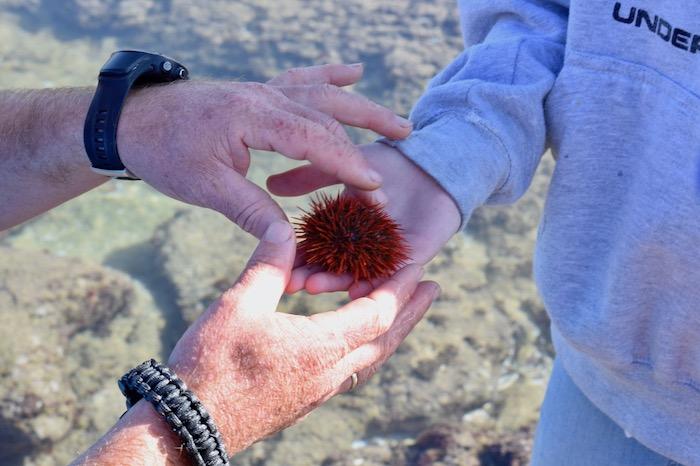
7. Support companies that are doing for the world that you aim to do. Many corporations are trying their best to save the planet, by supporting them, you are helping the earth (and its ocean). Being a sidekick while trying to figure out how to become more energy efficient yourself is half the battle.
9. Become an advocate. Educating yourself and others on the challenges our blue world faces is a surefire way to help. Whether it be supporting a campaign on ocean rehabilitation, or simply bragging about your newfound love for more sustainable living, only a villain would dare to shut you down. Share your knowledge and your efforts with others, or learn more.
“Do not wait; the time will never be 'just right.' Start where you stand, and work with whatever tools you may have at your command, and better tools will be found as you go along.” – George Herbert

Shop for a cause
Shop on amazon.com | amazon.co.uk
